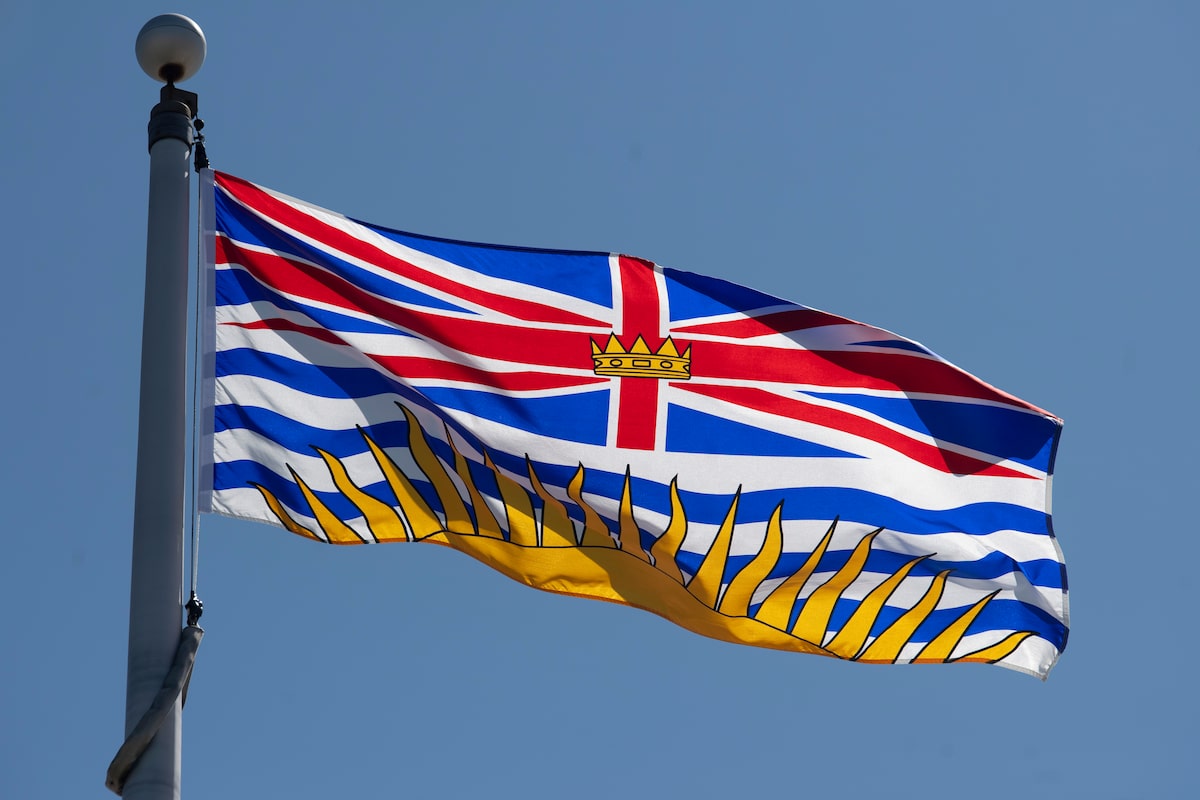Many of the more than 35,000 public-service employees from two unions in British Columbia will be heading to the picket lines on Tuesday morning if they are not called back to the bargaining table, the union heads say.
“We think our government is out of touch with both our membership and the public‚” said Paul Finch, bargaining chair and president of the British Columbia General Employees’ Union. “We think the government needs to take a knee and revise their position here.”
The BCGEU, which represents 34,000 public-sector employees, as well as the Professional Employees Association (PEA), which represents more than 1,800 licensed government professionals, each issued a 72-strike notice on Friday.
Wages are a major concern for both unions.
The BCGEU is seeking a 4-per-cent general wage increase in the first year and 4.25 per cent in the second year, as well as an unspecified cost-of-living adjustment.
B.C. public-sector workers approve strike action, union gives 72-hour notice
The PEA entered negotiations with the BC Public Service Agency on May 27 but talks stalled. The association said the provincial government did not address key issues raised by members.
Melissa Moroz, lead negotiator and executive director of the PEA, said while the association hopes strike action won’t last long, matters could escalate if they are not called back to the table.
Mr. Finch of the BCGEU argues that wages do not reflect the rising cost of living in B.C.
“Workers in this province deserve a wage that addresses their affordability concerns,” he said. “We’ve seen a situation where 22 per cent of our membership have indicated they’re working a second or third job and 50 per cent are living paycheque to paycheque and it’s not acceptable.”
The BCGEU’s members include health care and education workers, sheriffs, correctional officers, policy analysts, social workers and government liquor store workers.
Mr. Finch did not disclose the details of the strike plan but told The Globe and Mail on Monday that wildfire fighters are going to continue mitigating fires and that the union does not plan to interfere with existing wildfire operations.
Questions to the BC Wildfire Service and the province’s Ministry of Labour on Monday were redirected to the Ministry of Finance, which did not respond.
Along with wage increases, the BCGEU, whose negotiations with the BC Public Service Agency began in January, is asking for fair access to remote work, a modernized contract that fairly values the work of its members, and a limit on non-union managers.
The PEA is asking the province for the retention of employees through fair wages after experiencing vacancies in the transportation and child and family development sector.
“Wages in British Columbia have fallen so far behind that the province can’t recruit or retain the experts it needs,” Ms. Moroz said.
The association is looking for professional fee coverage, protections against contracting out, and appropriate compensation for emergency work.
Ms. Moroz said that an order is in place for essential workers to ensure B.C. receives those services. She noted, however, that most workers represented by the PEA are not considered “essential” and have the legal right to strike.
The association represents workers in industries such as engineering, forestry, pharmacy and psychology to name a few.
One of the sticking points between the BCGEU and the province is maintaining the right to work remotely, if the nature of employees’ work allows them to do so.
Last month, union leaders representing public-sector employees in Ontario said they were “incensed” after the province announced it would be ordering employees back to the office four days a week starting in October and five days a week starting in 2026.
In B.C., the possible job action and demands for higher pay come as the province’s government in the 2024-2025 fiscal year tallied the highest deficit it has ever reached.
In the B.C. budget for this year, it predicts an even higher deficit of about $10.9-billion.
With a report from The Canadian Press

